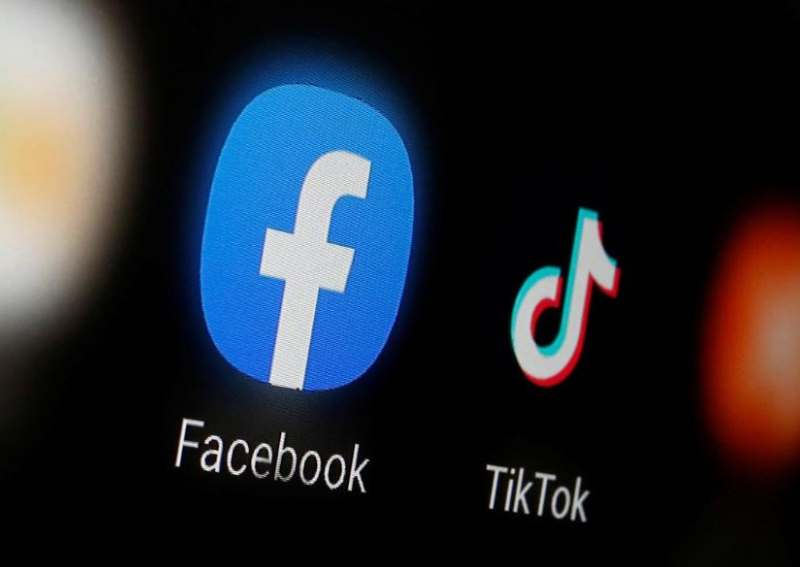Social media has reshaped the way humans interact, but its impact on well-being has always been debated. From the perspective of platform design, TikTok’s “infinite scrolling” mechanism uses intermittent rewards in neuropsychology to make users dependent, similar to the addiction mechanism of slot machines; Facebook’s “friend recommend” algorithm, on the other hand, appears to facilitate connection, but in fact reduces human relationships to data labels.

Instagram’s 2021 internal report acknowledged that “32% of teenage girls are more depressed due to body contrast” by monetising user attention through advertising and influencer marketing, which fuels appearance anxiety and consumerism. At the same time, platforms indulge extreme content for traffic, such as YouTube’s recommendation algorithm that prioritises conspiracy theory videos because they trigger emotional responses and prolong usage time.
But the instrumentality of social media is undeniable. Reddit’s Disease Support Group provides support for people living with rare diseases, and Twitter’s social movements like MeToo break the monopoly of power discourse. The essence of the problem is that when platforms bundle “user well-being” with “commercial interests”, they give preference to the latter. When the number of likes becomes a value scale, perhaps what we need is not to resist technology, but to reconstruct the power relationship between people and information.
references
